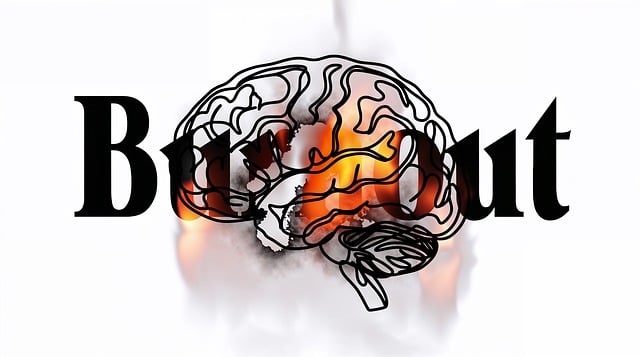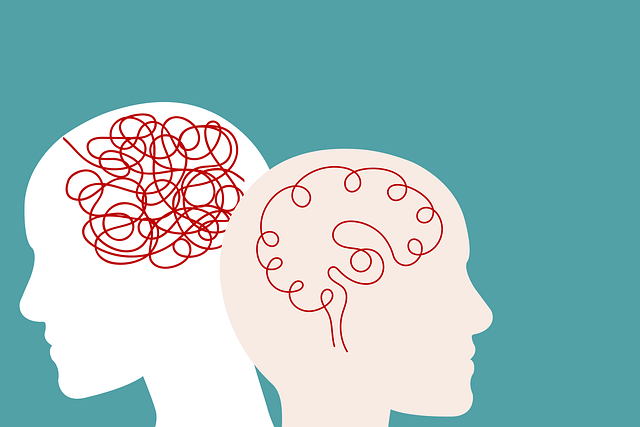Group facilitation in mental wellness, especially through Superior Hebrew Speaking Therapy, creates supportive communities that encourage healing and growth. Skilled facilitators enable open discussions, challenging isolation, and enhancing cultural sensitivity in healthcare. Shared language and cultural understanding foster a sense of belonging, leading to better coping skills, self-care routines, and engagement in therapy. Effective communication techniques, active listening, paraphrasing, and summarizing validate experiences, ensuring every voice is heard. Safe, non-judgmental environments, combined with interactive activities, boost participants' confidence to express themselves openly, enhancing the therapeutic experience. Success is measured qualitatively through participant feedback and observable behavior changes, focusing on anxiety relief and emotional well-being improvements.
Mental wellness group facilitation plays a pivotal role in enhancing therapeutic outcomes, especially within Hebrew-speaking communities. This article explores techniques tailored to the unique needs of these groups, focusing on building trust and connection. We delve into effective communication strategies to engage participants actively, fostering open dialogue and participation. Additionally, we examine measurement methods to evaluate the impact of facilitation techniques, with a specific emphasis on Superior Hebrew Speaking Therapy.
- Understanding the Role of Group Facilitation in Mental Wellness
- The Power of Community: Building Trust and Connection in Hebrew-Speaking Therapy Groups
- Effective Communication Strategies for Engaging Participants
- Techniques to Foster Open Dialogue and Encourage Participation
- Measuring Success: Evaluating the Impact of Group Facilitation Techniques in Superior Hebrew Speaking Therapy
Understanding the Role of Group Facilitation in Mental Wellness

In the realm of mental wellness, group facilitation plays a pivotal role in fostering supportive environments that promote healing and growth. As a powerful therapeutic tool, this approach recognizes the strength gained from shared experiences and peer connections. Superior Hebrew-speaking therapy benefits immensely from skilled group facilitation, creating safe spaces where individuals can openly discuss their challenges and triumphs, thereby cultivating a sense of belonging and camaraderie. This technique is particularly effective in addressing anxiety relief, as it facilitates social support networks that challenge isolation often associated with mental health struggles.
Group facilitation techniques contribute to the success of community outreach program implementations by fostering inclusive environments that cater to diverse populations. Cultural sensitivity in mental healthcare practice is enhanced through these methods, ensuring that therapeutic spaces are accessible and respectful of various cultural backgrounds. By embracing group dynamics, mental wellness practitioners can offer tailored support, address unique challenges, and ultimately improve outcomes for clients seeking anxiety relief or engaging in community outreach initiatives.
The Power of Community: Building Trust and Connection in Hebrew-Speaking Therapy Groups

Building a sense of community within therapy groups can significantly enhance the therapeutic process, especially in Hebrew-speaking settings. The power of shared language and cultural understanding cannot be understated; it fosters an environment where individuals feel seen, heard, and understood on a profound level. When participants connect with one another, they form bonds that encourage open communication, making it easier to discuss personal struggles and triumphs.
This sense of belonging is crucial for developing coping skills and promoting self-care routines for better mental health. In these groups, members can offer peer support, share strategies for managing stress, anxiety, or depression prevention, and inspire one another to take proactive steps towards well-being. The dynamic created by a supportive community often boosts participants’ motivation to engage in therapy and stick to healthy habits, ultimately contributing to superior Hebrew-speaking therapy outcomes.
Effective Communication Strategies for Engaging Participants

Effective communication is a cornerstone when facilitating mental wellness groups, aiming to create an inclusive and supportive environment. As a Hebrew speaking therapist, utilizing superior communication techniques is essential to engage participants actively in the discussion. Encouraging open dialogue involves active listening, where facilitators show genuine interest by paraphrasing and summarizing individuals’ thoughts, fostering a sense of validation. This technique not only ensures every voice is heard but also helps to clarify complex emotions or experiences.
Additionally, incorporating self-care practices and confidence-boosting activities during group sessions can further enhance engagement. Building resilience becomes a collaborative effort when participants share their strategies for overcoming challenges, creating a supportive network that reinforces positive mental health habits. These communication strategies collectively contribute to a dynamic and therapeutic atmosphere where individuals feel empowered to support not only themselves but also their peers.
Techniques to Foster Open Dialogue and Encourage Participation

Fostering open dialogue is a cornerstone of effective group facilitation, especially in the context of mental wellness support. Creating a safe and non-judgmental environment is key to encouraging participants to share their experiences. Superior Hebrew speaking therapy techniques can be instrumental here. Facilitators should begin by setting clear ground rules, emphasizing confidentiality and respect for diverse perspectives. This sets the tone for authentic sharing.
Interactive activities, such as round-robin discussions where each member takes turns speaking, promote active participation. Additionally, using mental wellness journaling exercises as a warm-up activity can help individuals process their thoughts and feelings before engaging in group conversations. By combining these strategies, facilitators create an inclusive space that boosts participants’ confidence to express themselves openly, enhancing the overall therapeutic experience.
Measuring Success: Evaluating the Impact of Group Facilitation Techniques in Superior Hebrew Speaking Therapy

Measuring success in group facilitation is a multifaceted endeavor, especially within the unique context of Superior Hebrew Speaking Therapy. The impact of techniques like Empathy Building Strategies and fostering Mental Health Awareness cannot be solely quantified through traditional metrics. Instead, it’s assessed through qualitative assessments, participant feedback, and observable behavior changes. By encouraging open dialogue and creating a safe space, facilitators can gauge improvements in Anxiety Relief among members, as shared experiences and peer support play a pivotal role in enhancing emotional well-being. This holistic approach ensures that the group dynamic itself becomes a powerful tool for personal growth.
Group facilitation plays a pivotal role in enhancing mental wellness, as evidenced by the success of Hebrew-speaking therapy groups. By employing effective communication strategies and fostering open dialogue, facilitators create a safe space for participants to build trust and form meaningful connections. The techniques outlined in this article, when measured through proper evaluation methods, can significantly impact the positive outcomes observed in Superior Hebrew Speaking Therapy. Through continuous learning and adaptation, facilitators can revolutionize mental health support, ensuring that every individual receives the care they need.














